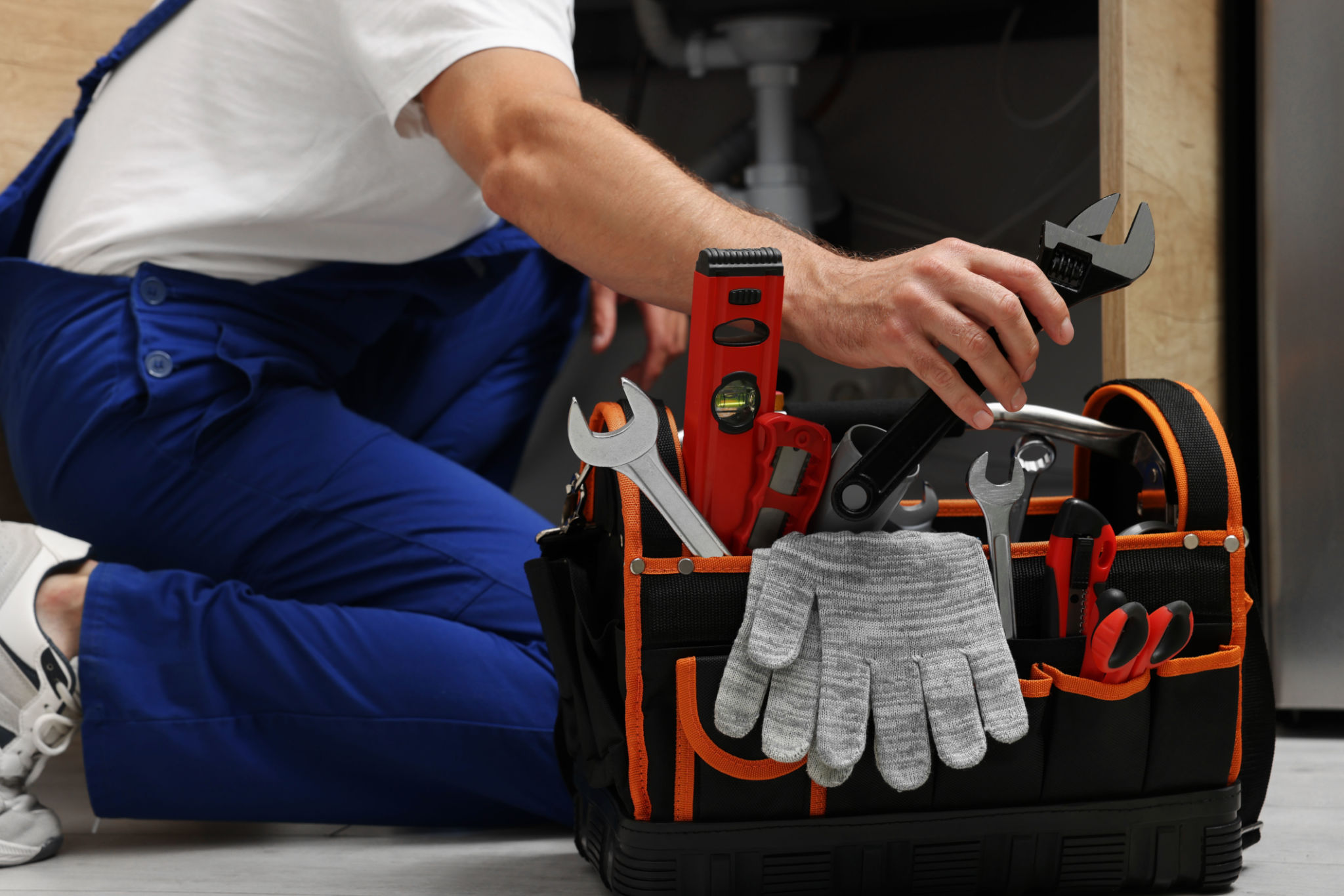DIY vs Professional: When to Call a Handyman for Small Repairs
BA
Understanding the Scope of Your Project
When facing small repairs around the house, deciding whether to DIY or call a professional handyman can be a crucial choice. It often depends on the nature and complexity of the task at hand. For minor jobs like fixing a leaky faucet or patching a small hole in the wall, a DIY approach might suffice. However, when tasks involve more intricate work such as electrical or plumbing repairs, calling a professional might be the safer and more efficient option.

Assessing your own skill level and understanding the scope of the project will help you make an informed decision. Consider whether you have the necessary tools and knowledge to complete the task without causing further damage. Remember, attempting a repair without proper understanding can sometimes lead to costlier fixes in the long run.
Advantages of DIY Repairs
One of the primary advantages of DIY repairs is cost savings. By handling minor fixes yourself, you can save money on labor costs and potentially learn a new skill in the process. DIY projects can also be satisfying and provide a sense of accomplishment. They offer flexibility in terms of time, allowing you to work at your own pace without having to coordinate with a professional's schedule.

Moreover, DIY repairs can be a great way to engage with your home and understand its quirks and characteristics better. With countless online tutorials and resources available, you can find guidance on almost any repair task, making it easier to tackle projects you might have been hesitant about before.
When to Call a Professional Handyman
There are certain situations where calling a professional handyman is not just recommended but necessary. Tasks that involve electricity, gas, or significant structural changes should always be handled by professionals due to safety concerns. Additionally, if you find yourself without the time or inclination to complete a DIY project, hiring a handyman can save you time and ensure the job is done correctly.

Complex repairs often require specific tools and expertise that most homeowners do not possess. For example, repairing a faulty electrical system or fixing a broken appliance may seem straightforward, but they can pose serious risks if not handled properly. In such cases, investing in professional services is a wise choice that ensures both safety and quality.
Balancing Cost and Quality
While cost is an important factor, it should not be the sole deciding point when choosing between DIY and hiring a handyman. Consider the potential risks and benefits of each option. While DIY might save money initially, poor execution could lead to higher expenses down the line. Conversely, while hiring a professional might seem costly upfront, it guarantees peace of mind and reliability.

Before making your decision, obtain quotes from local handymen for comparison. This will give you an idea of the average cost for specific repairs and help you weigh it against the potential savings from doing it yourself.
Conclusion
Ultimately, the decision between DIY and hiring a handyman depends on several factors including your own skill level, the complexity of the task, and your budget. By carefully evaluating these aspects, you can make an informed choice that ensures your home repairs are completed safely and effectively.
Whether you choose to roll up your sleeves or call in the experts, maintaining your home is an ongoing process that contributes significantly to its comfort and value. Make sure each repair decision reflects your priorities and capabilities for the best results.